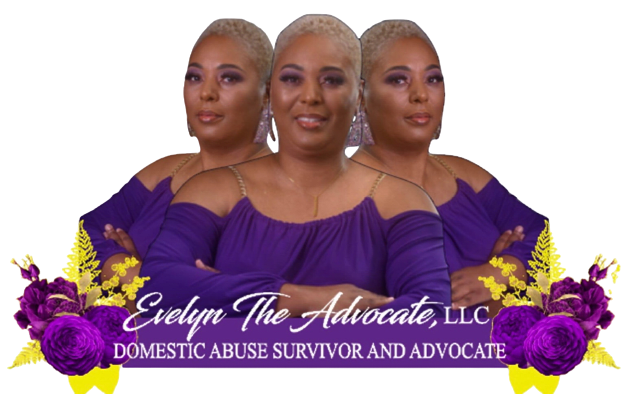Legal Options for Victims of Domestic Violence: Know Your Rights

Posted on March 11th, 2023
As a domestic violence advocate based in Rock Hill, I understand that domestic violence is a serious issue that affects millions of people every year. While seeking support and creating a safety plan is crucial, it is also important for victims to know their legal options. In this blog post, I will discuss the legal options available to victims of domestic violence and how they can protect themselves.
What are the Legal Options for Victims of Domestic Violence?
Victims of domestic violence have several legal options available to them, including:
- Restraining Orders: A restraining order is a court order that prohibits an abuser from contacting or coming near the victim. The order can also include provisions for child custody and support, as well as the use of the home. Restraining orders can be obtained by filing a petition with the court, and are typically granted if the victim can show evidence of abuse.
- Criminal Charges: If the abuser has committed a crime, such as assault or battery, the victim can press charges. The abuser may face criminal penalties, including fines, probation, or imprisonment.
- Divorce or Separation: Victims of domestic violence can also seek divorce or legal separation from their abusers. These legal options can provide protection and financial support for the victim and any children involved.
- Civil Lawsuits: Victims of domestic violence can also file civil lawsuits against their abusers for damages, including medical expenses, lost wages, and pain and suffering.
Know Your Rights
It is important for victims of domestic violence to know their legal rights. These include:
- The Right to Safety: All individuals have the right to live free from violence and abuse. Victims of domestic violence have the right to take steps to protect themselves, including seeking legal protection.
- The Right to Confidentiality: Victims of domestic violence have the right to privacy and confidentiality. They can choose whether or not to report the abuse to law enforcement, and can seek support without fear of retaliation or judgement.
- The Right to Legal Representation: Victims of domestic violence have the right to legal representation. Domestic Violence Advocates can provide legal assistance and support throughout the legal process.
- The Right to Resources: Victims of domestic violence have the right to access resources, including counseling, housing assistance, and financial support.
Protecting Yourself
If you are experiencing domestic violence, it is important to take steps to protect yourself. Here are some tips to help you stay safe:
- Create a Safety Plan: Work with a Domestic Violence Advocate to create a safety plan that includes finding a safe place to go, packing an emergency bag, and making a list of emergency contacts.
- Document the Abuse: Keep a record of the abuse, including dates, times, and any injuries. This can be useful if you decide to pursue legal action.
- Seek Support: Reach out to a Domestic Violence Advocate for help and support. They can help you create a safety plan, connect you with resources, and provide emotional support.
- Stay Informed: Know your legal options and rights as a victim of domestic violence. Stay informed about changes in the law and how they may affect you.
Victims of domestic violence have legal options available to them, including restraining orders, criminal charges, divorce or separation, and civil lawsuits. By knowing your legal rights and taking steps to protect yourself, you can help prevent future incidents and create a safer environment for yourself and your family. If you or someone you know is experiencing domestic violence, reach out for support and take steps to stay safe. As a Domestic Violence Advocate based in Rock Hill, I am here to help you. Please reach out to me at (803) 984-2107 or [email protected].
Keep in Touch
Let's Connect
Thank you for your interest in Evelyn the Advocate, LLC. Please fill out the form below, and I will get back to you as soon as possible. I look forward to connecting with you and working together to create a safer and more supportive community for survivors of domestic violence.
